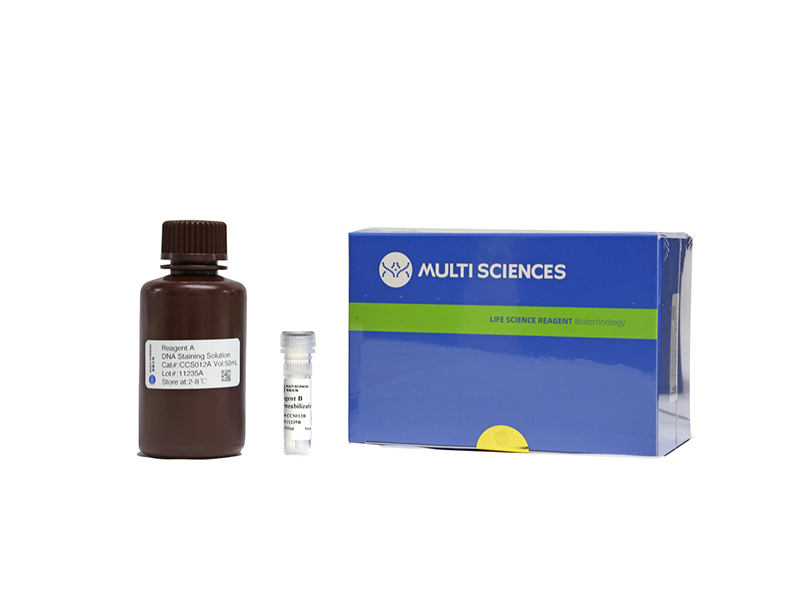Background. Organ allograft rejection is mainly driven by T-cell response. Studies have shown that fucosylation plays essential roles in the immune cell development and function. Terminal fucosylation inhibitor, 2-deoxy-D-galactose (2-D-gal), has been reported to suppress immunoresponse of macrophages, but its effects on T-cell–mediated immune response and transplant rejection have not been fully explored. Methods. The terminal fucosylation level in T cells was detected through ulex europaeus agglutinin-I staining. The consequences of 2-D-gal on murine T-cell proliferation, activation, cytokine secretion, and cell cycle were investigated in vitro. T-cell receptor signaling cascades were examined. Last, mouse skin transplant model was utilized to evaluate the regulatory effects of 2-D-gal on T-cell response in vivo. Results. The expression of fucosyltransferase1 was upregulated in CD3/CD28-activated T cells along with an elevation of α(1,2)-fucosylation level as seen by ulex europaeus agglutinin-I staining. Furthermore, 2-D-gal suppressed T-cell activation and proliferation, decrease cytokines production, arrest cell cycle, and prevent the activation of T-cell receptor signaling cascades. In vivo experiments showed that 2-D-gal limited T-cell proliferation to prolong skin allograft in mice. This was accompanied by lower level of inflammatory cytokines, and were comparable to those treated with Cyclosporin A. Conclusions. Terminal fucosylation appears to play a role in T-cell activation and proliferation, and its inhibitor, 2-D-gal, can suppress T-cell activation and proliferation both in vitro and in vivo. In a therapeutic context, inhibiting terminal fucosylation may be a potential strategy to prevent allogeneic transplant rejection. Export
文章引用产品列表
-
- CCS012 1190 Citations
- 周期试剂盒
Cell Cycle Staining Kit 细胞周期检测试剂盒
- ¥390.00
-
- AP101 1755 Citations
- 凋亡试剂盒
Annexin V-FITC/PI Apoptosis Kit(适用于除C6以外的流式细胞仪)
- ¥630.00 – ¥1,280.00
-
- AP107 88 Citations
- 凋亡试剂盒
Annexin V-APC/PI Apoptosis Kit(细胞凋亡试剂盒)
- ¥780.00 – ¥1,860.00





